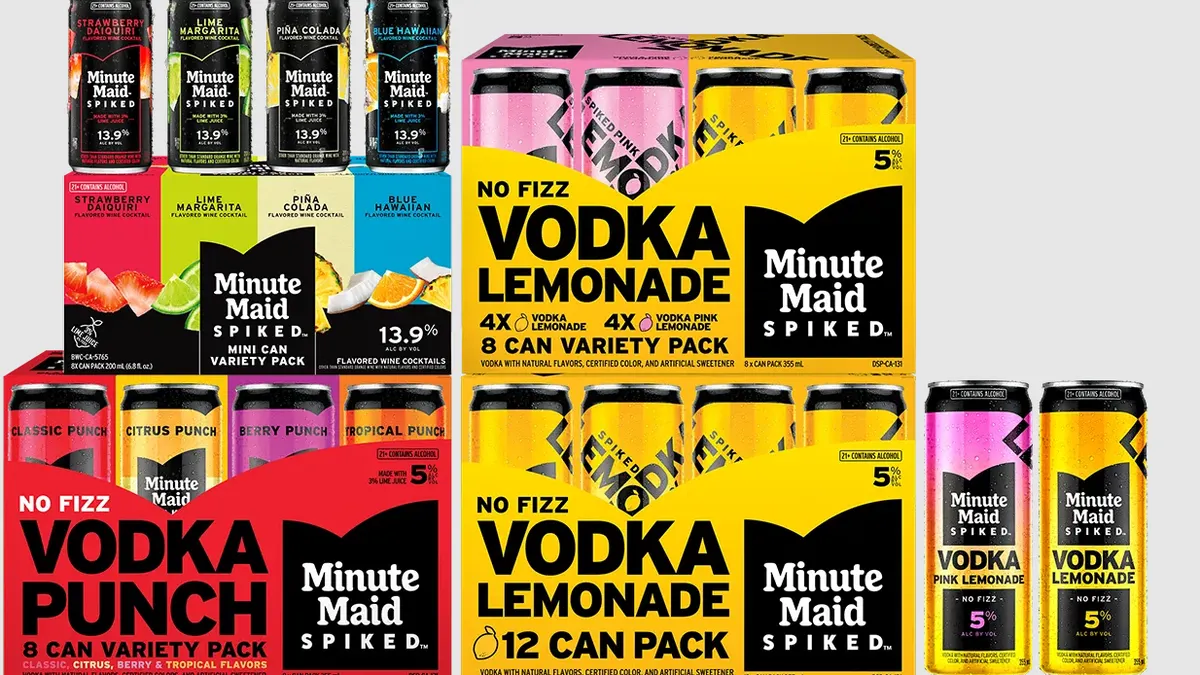Dive Brief:
- Kellogg's recent ingredient change to use peanut flour in a variety of Keebler and Austin cheese sandwich crackers will begin this month. Kellogg points out the ingredient change will be clearly labeled.
- Parents of children with peanut allergies sounded the alarm in regard to the ingredient change stating that "people with food allergies … become complacent reading labels, especially for brands they have relied upon for years."
- SnackSafely.com started an online petition asking Kellogg’s not to add the peanut flour to the crackers; more than 16,000 people had signed on by Wednesday afternoon.
Dive Insight:
An article posted at SnackSafely.com noted that although the company’s labels will reflect the change, "anyone responsible for children where snacks are traditionally consumed — may have been trained to recognize these products as safe alternatives, as have the parents of non allergic children that must comply with nut-free classroom policies." The incidence of peanut allergies in U.S. children increased more than 300% between 1997 and 2008.
What does the consumer backlash mean to Kellogg’s and to manufacturers overall who tweak ingredients? Peanuts have their own separate health issues, Erin Lash, senior equity analyst, Morningstar Inc., told Food Dive; however, thinking in broader terms, companies have "shown a willingness to target specific customer groups at the expense of others if they feel the opportunity for growth and expansion is meaningful enough."
Lash pointed to a yogurt product where General Mills was dealing with balancing consumer concerns. "I did ask the management group at General Mills if they thought they could be alienating some consumers by bringing this particular yogurt to market, and what they articulated is that it was OK to alienate some consumer groups in certain instances because you can develop a greater affinity, loyalty and relationship with those core niche consumers."
In another example, Kellogg’s Kashi brand has stumbled trying to appeal to a wider base of consumers, which ultimately ended up alienating Kashi’s core customer group, Lash said. The company has taken a step back to win back its core customers and return to its roots.






